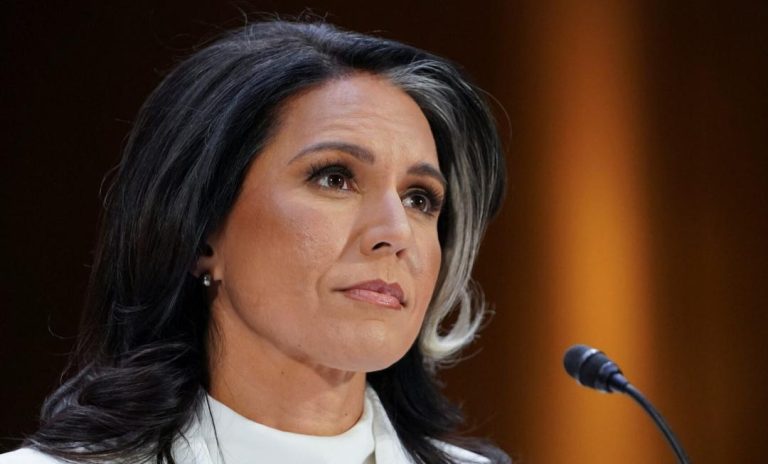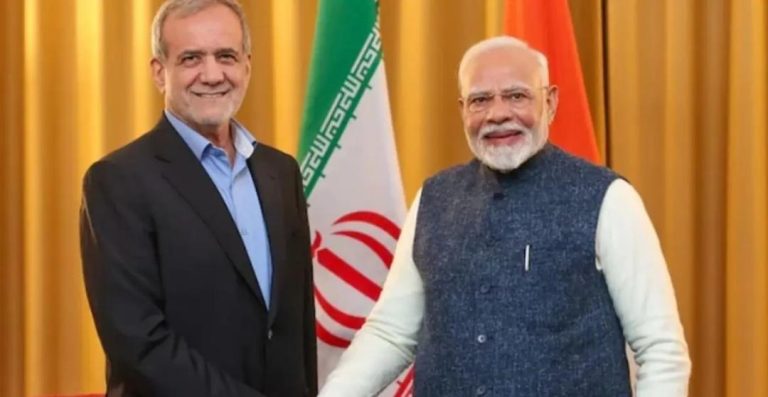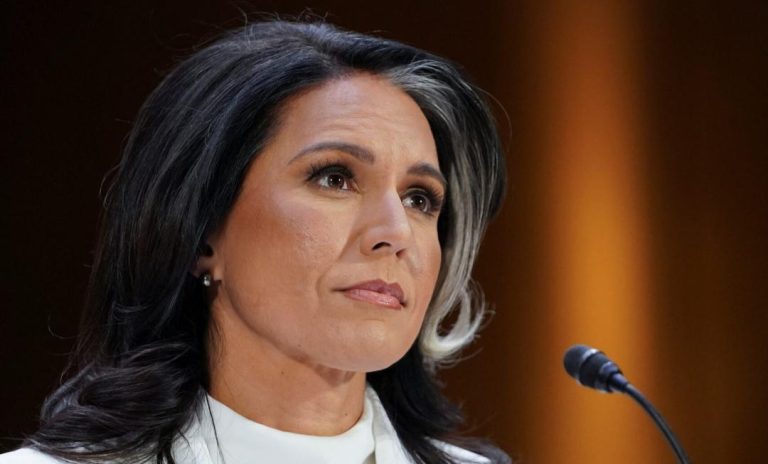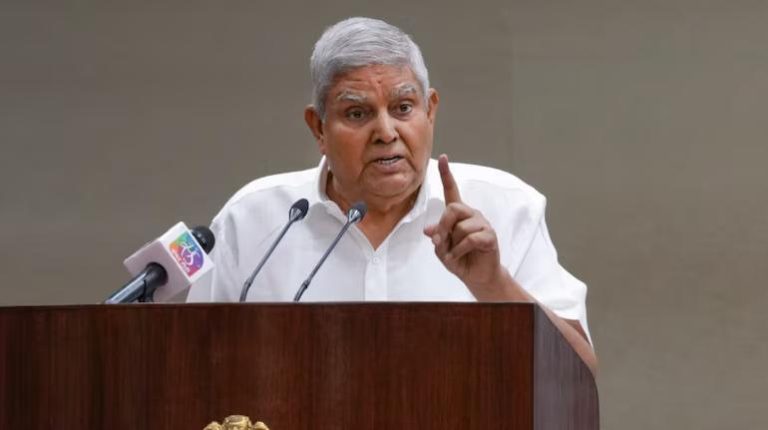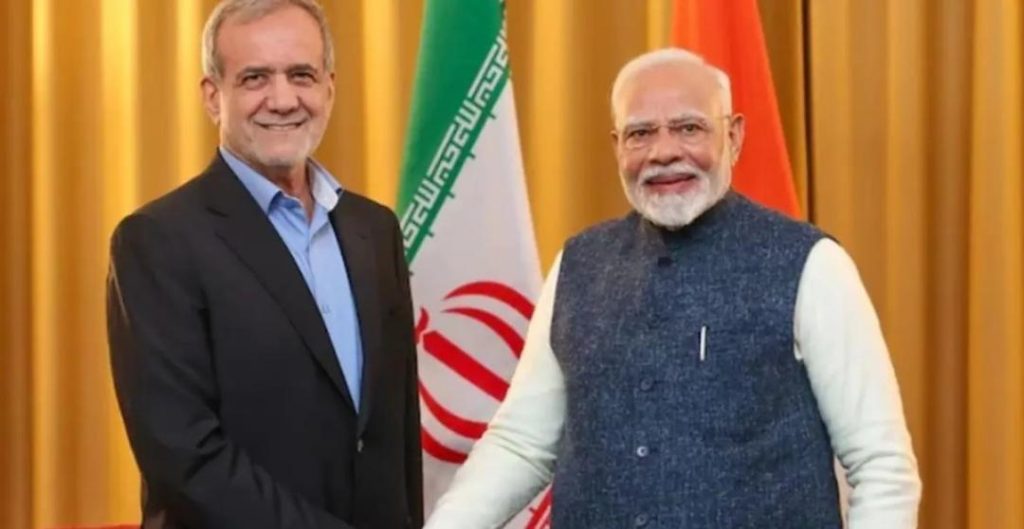
Iran Offers to Mediate Between India and Pakistan After Pahalgam Attack
The recent terrorist attack in Pahalgam, Jammu and Kashmir, has heightened tensions between India and Pakistan, leading to a standstill in diplomatic relations between the two countries. Amid this volatile situation, Iran has offered to mediate between India and Pakistan, demonstrating its willingness to play a crucial role in fostering greater understanding and cooperation between the two nations.
Iran’s Foreign Minister, Seyed Abbas Araghchi, took to Twitter to make the offer, stating, “Tehran stands ready to use its good offices in Islamabad and New Delhi to forge greater understanding at this difficult time.” This offer comes as a welcome development, given the long-standing tensions between India and Pakistan, which has been exacerbated by the recent attacks.
The Pahalgam attack, which saw a group of terrorists target a bus carrying Amarnath Yatra pilgrims, left several people injured and one dead. The attack was widely condemned by international leaders, and the Indian government has suspended the Indus Waters Treaty with Pakistan, citing the country’s failure to take action against terrorist groups operating from its soil.
The Indus Waters Treaty, signed in 1960, is a bilateral agreement between India and Pakistan that governs the sharing of waters from the Indus River and its tributaries. The treaty has been a cornerstone of Indo-Pakistani relations, but the recent tensions have cast a shadow over the agreement’s future.
India’s decision to suspend the treaty is a significant development, as it highlights the country’s frustration with Pakistan’s inaction against terrorism. The move is seen as a strong message to Pakistan, emphasizing the need for it to take concrete steps to combat terrorism and dismantle terrorist organizations operating from its soil.
Iran’s offer to mediate between India and Pakistan is a significant development, given the country’s historical ties with both nations. Iran has long been a key player in the region, and its diplomatic efforts could help to ease tensions between India and Pakistan.
Iran has a unique advantage in mediating between India and Pakistan, given its geographical location and historical ties with both countries. As a member of the Shanghai Cooperation Organization (SCO), Iran has a strong relationship with both India and Pakistan, making it an ideal mediator in this situation.
Moreover, Iran has a track record of mediating conflicts in the region. In 2015, Iran played a crucial role in negotiating a peace deal between Iran and the P5+1 world powers, which led to the lifting of international sanctions against Iran.
Iran’s offer to mediate between India and Pakistan comes at a time when the region is facing unprecedented tensions. The Pahalgam attack has highlighted the need for a concerted effort to combat terrorism, and Iran’s diplomatic efforts could help to facilitate a peaceful resolution to the conflict.
However, the path ahead will not be easy. India and Pakistan have a long history of mistrust and tension, and any mediation effort will require sustained diplomatic efforts and a willingness to compromise.
In recent years, India and Pakistan have made attempts to engage in dialogue, but these efforts have been met with limited success. The 2019 Pulwama attack, which saw a group of terrorists target a bus carrying Indian security personnel, led to a significant deterioration in relations between the two countries.
Despite these challenges, Iran’s offer to mediate between India and Pakistan is a welcome development. The country’s diplomatic efforts could help to create a conducive environment for dialogue and negotiations, ultimately leading to a peaceful resolution to the conflict.
As the region navigates this complex and volatile situation, it is essential to recognize the importance of diplomatic efforts in resolving the conflict. Iran’s offer to mediate between India and Pakistan is a significant step in this direction, and it is crucial that both countries seize this opportunity to engage in constructive dialogue.
